When Club Brugge hosted Atalanta B.C. at the Jan Breydel Stadium on , the Belgian side turned a comfortable first‑leg lead into a decisive 5‑2 aggregate win.
Background to the tie
The knockout round playoffs of the UEFA Champions LeagueBruges pit Europe’s elite against each other in a two‑leg format. Club Brugge earned a 2‑0 advantage in the first leg in Bergamo, holding Atalanta to a shy 0‑0 draw after a tense 90 minutes. That result set the stage for a high‑stakes return fixture in front of more than 29,000 home fans.
Both clubs entered the tie with contrasting recent histories. Club Brugge, under the steady guidance of manager Mark van Bommel, had secured three consecutive league titles and were looking to add a deep European run to their résumé. Atalanta, led by Gian Piero Gasperini, were fresh off a dramatic Serie A season that saw them finish third, yet their European campaign was plagued by defensive lapses.
Match timeline and key moments
The opening whistle sparked an early assault from the Belgians. In the third minute, Chemsdine Talbi tucked away a low finish after a swift one‑two with captain Hans Vanaken, giving the hosts an instant lift.
By the 27th minute Talbi doubled the lead, this time flicking a header from a corner that curled past the outstretched arms of Atalanta keeper Ettore Carnesecchi. At that point the aggregate scoreboard read 3‑0, and the atmosphere turned electric.
Just before halftime, Ferran Jutglà—making his debut season for Brugge—added a third, slotting home from the edge of the box in stoppage time (45'+3). The timing was cruel: the goal arrived as the fans were already chanting “bravo”, and the Italians were left to contemplate a comeback that would require at least two goals in the second half.
The second half began with a consolation strike from Ademola Lookman, who fired home from a tight angle after a quick break, making the scoreline 3‑1 on the night and 5‑1 on aggregate.
A late scramble saw Brugge’s Rafael Tolói inadvertently redirect a cross into his own net in the 87th minute. While technically an own goal, it capped a night where the Belgian side never looked threatened. Atalanta threw everything forward, with Lazar Samardžić’s effort in the 97th minute skimming the post, but the match ended 3‑1.
Player performances
Talbi’s brace marked his first Champions League goals and showcased his composure under pressure. The 19‑year‑old’s movement off the ball confused the Italian back line, earning praise from pundits.
Jutglà’s late‑half strike underlined his growing influence; the Spanish forward recorded three shots on target, a 78 % pass completion rate, and covered an impressive 10.5 km during the 90 minutes.
For Atalanta, Lookman’s goal was a rare bright spot. He recorded two key passes and three dribbles, but the rest of the midfield—particularly the pairing of de Roon and Éderson—failed to create clear chances.
Tactical analysis
Van Bommel’s 4‑2‑3‑1 set‑up emphasized width, with wingers Vanaken and Jutglà stretching the defence. The midfield duo of Hans Vanaken and Elisha Sam completed 85 % of their passes, allowing Brugge to dominate possession (62 % vs 38 %). Atalanta, opting for a 3‑4‑2‑1, struggled to cope with the high press, losing the ball 7 times in the final third.
Defensively, Brugge’s back four stayed compact, limiting Atalanta’s No. 9, Duván Lautaro, to just one shot on target. The only vulnerability appeared on the left side, where Tolói’s mis‑communication led to the own goal.
Reactions from the dugouts
After the final whistle, Van Bommel praised his squad, saying, “We knew the challenge was to start strong, and the boys delivered. Talbi’s early goals gave us the confidence to control the game.”
Gasperini, visibly disappointed, remarked, “We were unlucky not to score more. Lookman’s goal shows we have quality, but we need to tighten up defensively if we want to compete at this level.”
What’s next for Club Brugge?
With a 5‑2 aggregate win, Brugge advance to the Champions League round of 16, where they will meet the winner of the Paris Saint‑Germain vs. Borussia Dortmund clash. Analysts predict a tight tie, noting Brugge’s strong defensive record (only 8 goals conceded in the group stage).
Financially, the progression guarantees an additional €15 million in UEFA payouts, bolstering the club’s budget for a potential summer reinforcement spree.
Historical context
The two clubs have met only thrice in European competition. Their September 30, 2024, group‑stage encounter ended 2‑1 in Atalanta’s favour, with a late penalty sealing the win. That result made the February matchup a revenge story for Brugge, and the 3‑1 victory effectively rewrote the recent narrative.
Club Brugge’s last deep run in the Champions League came in the 2019‑20 season, when they reached the quarter‑finals before falling to Paris Saint‑Germain. This season’s progress could mark their best European showing since then.
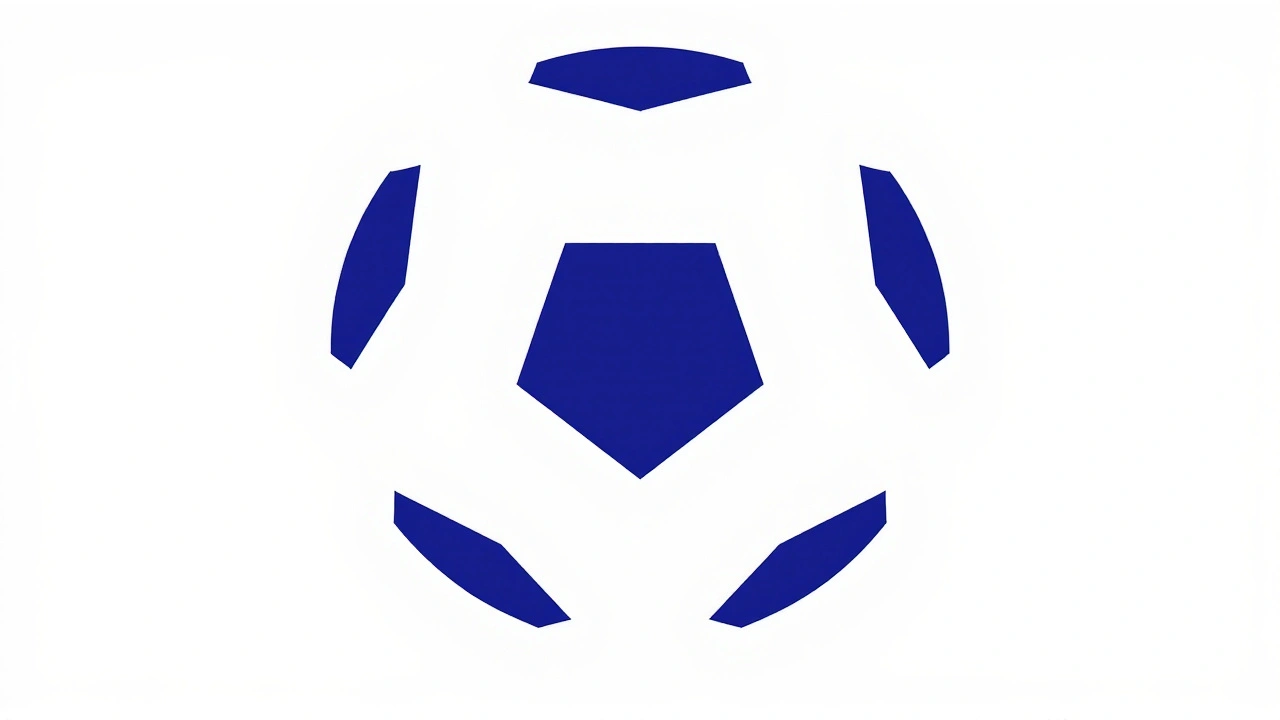
Frequently Asked Questions
How does Club Brugge’s win affect the Belgian league?
The victory boosts the league’s UEFA coefficient, meaning Belgian clubs could earn an extra spot in next season’s group stage. It also raises the profile of the domestic competition, attracting better sponsorship deals.
Who scored the decisive goals for Brugge?
Chemsdine Talbi netted twice (3' and 27'), while Ferran Jutglà added the third before halftime. Their early strikes put the tie beyond Atalanta’s reach.
What are the odds for Brugge in the next round?
Betting markets see Brugge as slight underdogs against a potential PSG or Dortmund opponent, with odds around 2.75 for a win. Their solid defence, however, could keep the tie tight.
Which Atalanta player impressed despite the loss?
Ademola Lookman’s quick equaliser and his work rate across the flank stood out. He completed 4 successful dribbles and forced two defensive errors.
When will the next Champions League round take place?
The round‑of‑16 fixtures are scheduled for early March, with the first legs on 4‑5 March and the return legs on 11‑12 March 2025.

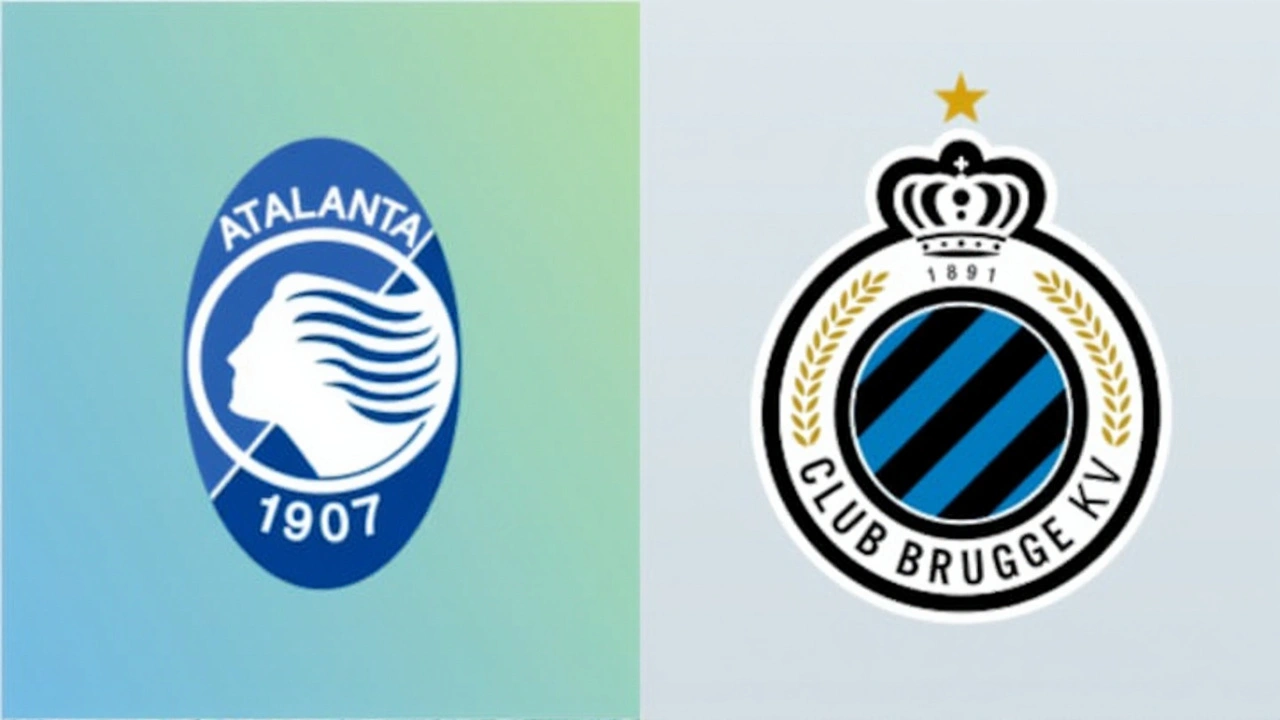
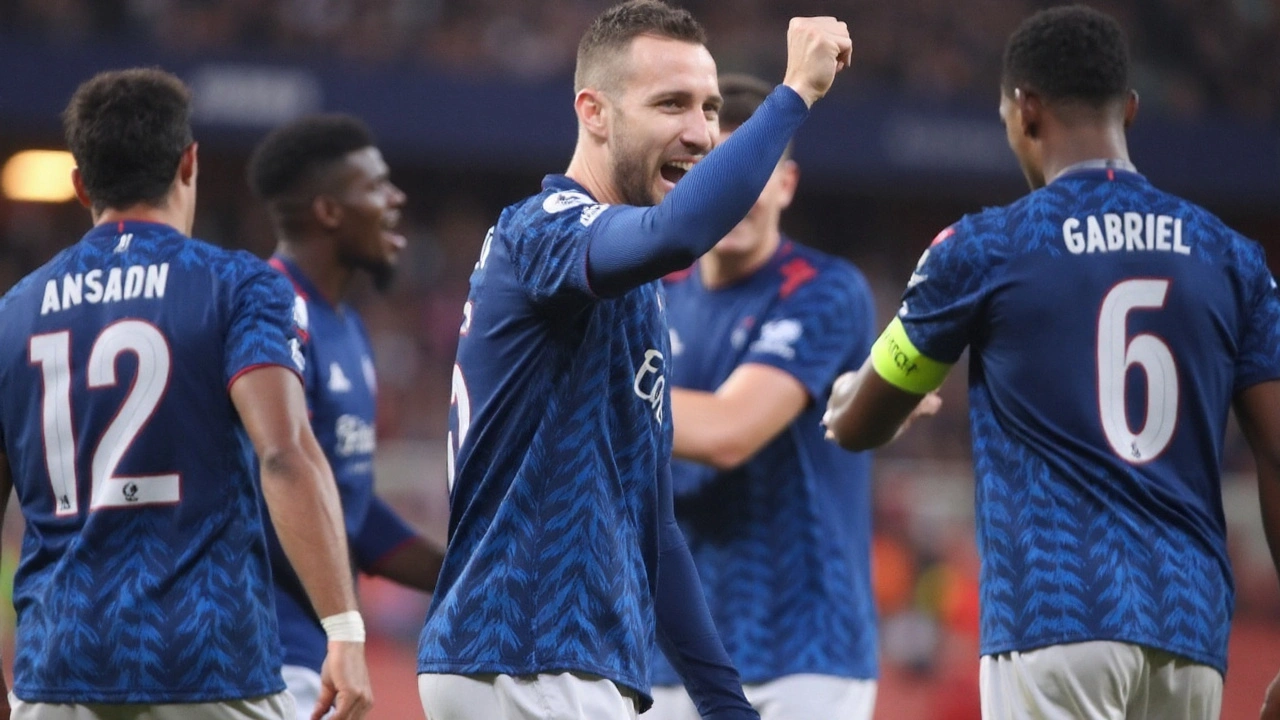
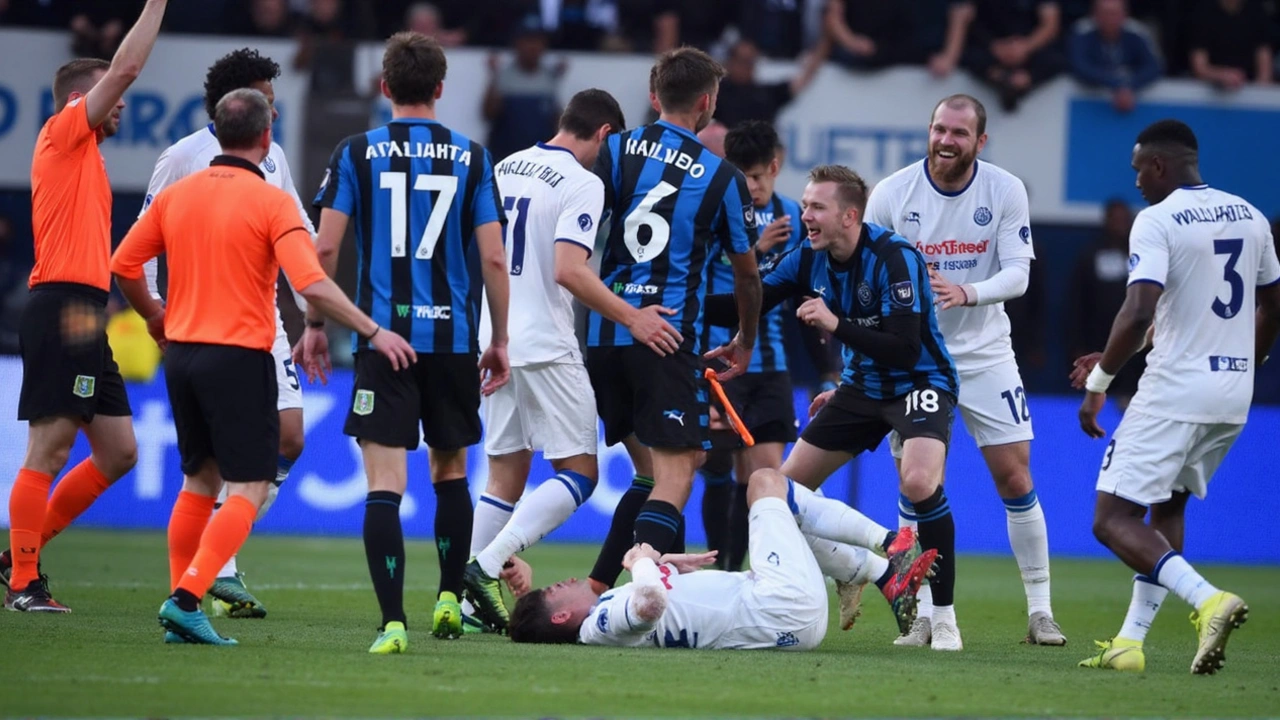
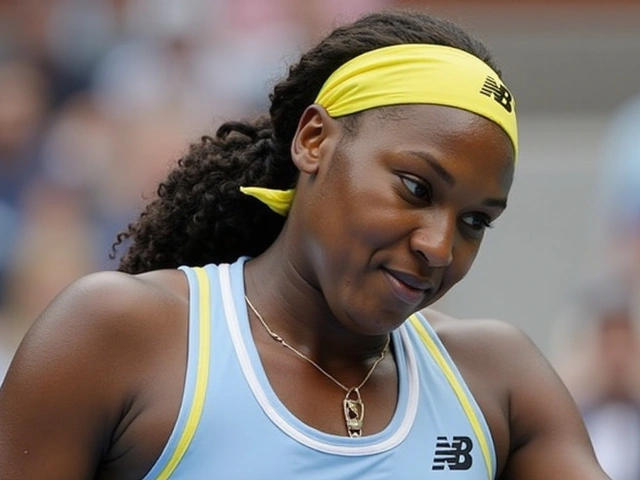
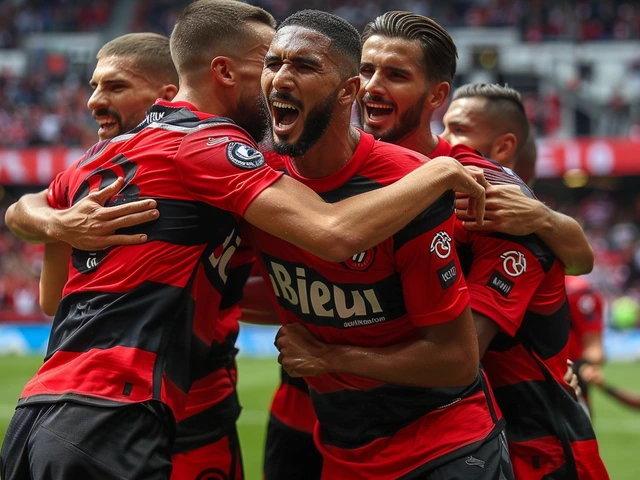
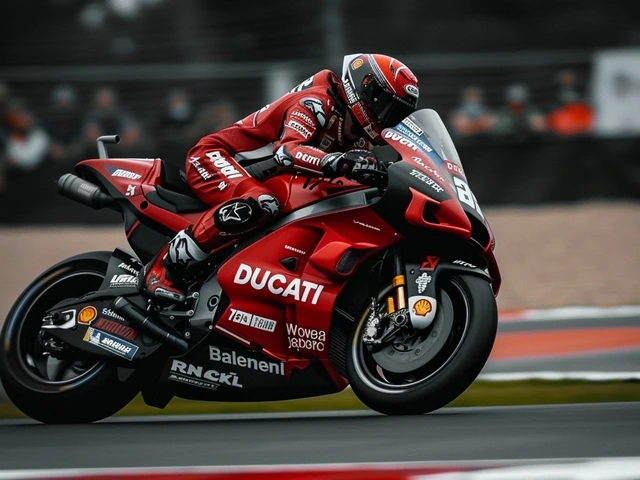
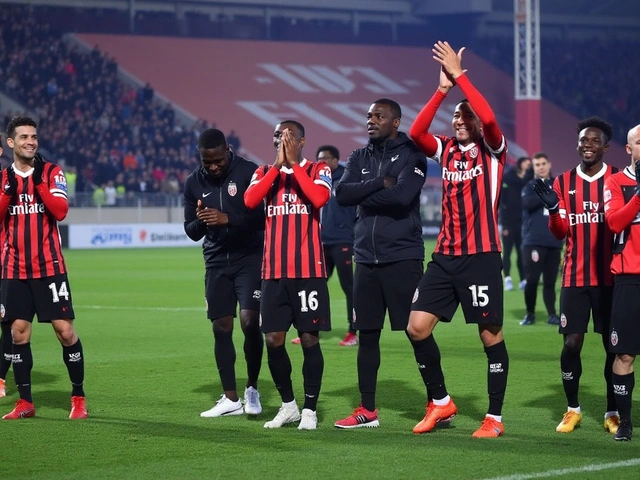

ONE AGRI
October 1, 2025 AT 19:38The minute the whistle blew, the stadium erupted with a roar that seemed to echo far beyond the Belgian borders, and I could feel the pulse of the crowd reverberating in my own veins. Talbi's quickness was nothing short of surgical, slicing through Atalanta's tentative defense as if they were paper. The way the ball found his feet in the third minute felt like destiny knocking on a door that had been waiting for centuries. As the second goal followed, I sensed a growing tide that would not be easily turned, and each pass was a whisper of inevitability. When Jutglà added his strike, the atmosphere turned electric, the kind of charge that makes you question whether sport is merely a game or a reflection of national vigor. The own goal by Tolói, though unfortunate, was a stark reminder that even the best can falter under pressure, and it added a bitter edge to an otherwise sweet victory. Throughout the match, the Belgian side displayed a composure that bordered on stoic, never allowing Atalanta to settle into any rhythm. The defensive discipline shown was a testament to Van Bommel's meticulous planning, a masterclass in maintaining structure while pressing forward. While Atalanta scrambled for answers, their attempts felt hollow, their attacks lacking the conviction needed to breach the fortified walls. I could not help but notice how the crowd’s chants grew louder with each passing minute, a chorus of pride that seemed to transcend the ordinary. The statistical dominance, with possession over 60%, was not just a number but a narrative of control that spotlighted Brugge's strategic superiority. Each pass completed by Vanaken and Sam was a brushstroke in a larger painting of domination, a visual story told through movement. The post‑match celebrations, though jubilant, carried an undercurrent of nationalistic fervor that reminded us why football is more than a sport to many. In the end, the victory was not merely a three‑goal triumph but a cultural moment that resonated across borders, echoing the ambitions of a nation seeking recognition on the grandest stage. The financial windfall, while welcome, is but a secondary reward compared to the pride that now swells in the heart of every supporter. Finally, as the team lifts the trophy, one cannot ignore the subtle yet profound message that perseverance, unity, and tactical brilliance can rewrite histories and forge new legacies.
Himanshu Sanduja
October 5, 2025 AT 06:58The early strike by Talbi was a pure joy to watch.
Kiran Singh
October 8, 2025 AT 18:18That third goal was pure magic 😍 keep it up!
Balaji Srinivasan
October 12, 2025 AT 05:38I watched the match quietly, noting the disciplined back line.
Hariprasath P
October 15, 2025 AT 16:58yeah that joy you felt is just a fleeting buzz, the real story lies deeper and definately worth a closer look even if teh stats look shiny.
Vibhor Jain
October 19, 2025 AT 04:18Sure, magic is what we all need when a team scores a half‑volley, because tactics obviously don’t matter.
Rashi Nirmaan
October 22, 2025 AT 15:38Such triumphs, while celebrated, remind us of the responsibility elite clubs bear toward the integrity of the sport.
Sandhya Mohan
October 26, 2025 AT 02:58When we step back and consider the flow of the game, it becomes apparent that Brugge’s strategy was not just about scoring, but about constructing a narrative of dominance. The interplay between width and precision created spaces that Atalanta could not fill, and that is a lesson for any team that aspires to compete at this level. It also shows how moments of brilliance, like Jutglă’s finish, can shift the emotional balance of a crowd. In the end, football is as much philosophy as it is sport.
Prakash Dwivedi
October 29, 2025 AT 13:18The match statistics reveal a clear pattern: Brugge controlled the tempo, maintained higher pass accuracy, and limited opponent shots. Their press in the final third forced turnovers that led directly to scoring opportunities. The defensive organization minimized dangerous zones, allowing only a single goal‑on‑target from Atalanta. Moreover, the physical data indicates that the Belgian side covered more ground, suggesting superior conditioning. These factual elements combine to explain the result beyond mere luck.
Rajbir Singh
November 2, 2025 AT 00:38It’s clear that the real issue was the lack of discipline, not just the talent. The team needs to rethink its approach.
Swetha Brungi
November 5, 2025 AT 11:58What strikes me most is how quickly the momentum shifted after the first goal – a reminder that confidence can be as decisive as skill. The way the crowd responded also played a subtle role, feeding the players with energy. It raises the question of how much psychological pressure influences tactical choices.
Govind Kumar
November 8, 2025 AT 23:18The victory underscores the importance of strategic planning and disciplined execution. It will be intriguing to observe how Brugge adapts in the upcoming round of sixteen.